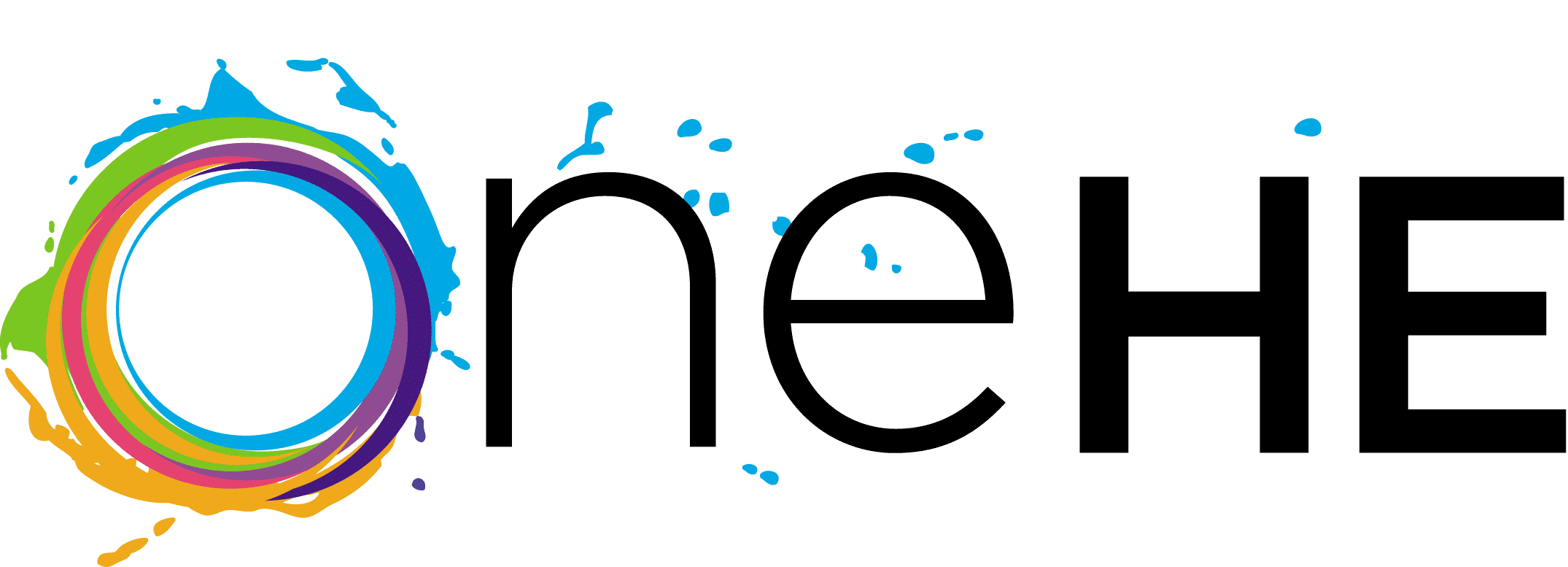Click here to view the video transcript
- Lark Hovey: I got started in experiential education because I started working at RICA (Rwanda Institute for Conservation Agriculture). I had the opportunity to apply to be a lecturer at RICA. And one of the first faculty development opportunities that we had, was to be part of the NSEE, Experiential Education Academy. And from there, we’ve been able to integrate the 8 Principles of experiential education at RICA, and it’s been a growth experience ever since.
- Cynthia P. Stewart: I graduated with my master’s degree in 2007, and I received a position at an off-campus program through Trinity Christian College, in Palos Heights, Illinois where they had an off-campus program called, Chicago Semester. There, I was one of the faculty members where I taught inter-religious courses, and I also oversaw the academic internships for the students who moved to Chicago for one semester. While I was there, I was introduced to the National Society of Experiential Education. And that’s where I went to my first conference meeting. And there, I learned about the Experiential Education Academy. And I learned that as I would take courses, each time that I went to a conference, that I would be able to graduate and get a certificate. So that was the first time that I, within higher education, learned about Experiential Learning within higher education.
Experiential education is a great way to create meaningful, authentic, and impactful learning experiences with outcomes that students will absorb, remember, and apply for years to come.
Introducing experiential education into your course or program can be a little daunting at first, but it can be done.
In this section, Cynthia Stewart and Lark Hovey take you through their experience of applying this approach and pick a few of the good practice principles to suggest how they can be applied in your context.
Applying the principles of good practice
In the following videos, Cynthia and Lark describe their approaches to implementing some of the principles of good practice in the NSEE Framework.
[cool-timeline layout=”one-side” designs=”default” skin=”default” category=”nsee-lesson” show-posts=”10″ order=”ASC” icons=”YES” animations=”zoom-in-up” date-format=”default” story-content=”full” based=”custom” compact-ele-pos=”main-date” pagination=”default” filters=”no”]
Why and how to get started now
Click here to view the video transcript
- Cynthia P. Stewart: So for the students, one of the things that I think is the benefit is that it helps them to gain transferable skills so that they can then, after they graduate, take those skills and take it into the workplace for their career. So transferable skills like communication skills, time management skills, creativity, being able to work in teams, all of those skills are very important that students learn when they do experiential learning at an internship site, or even with service learning. Another thing is developing competencies, so that they can gain the knowledge and the skills, and within those competencies, they could see where they are growing and how they are achieving those competencies. Another one is just the opportunity where they are learning about different cultures and different work environments. A lot of our students are working, doing internships with populations for whom they may not have ever had a lot of interaction with. Also, it gives them the opportunity for career development skills, where they are now able to build their resume with their internships, so now they’re building their resume with their skills. They also learn about cover letters and how to write a really good cover letter and also interviewing skills. And one of the things that I do within my course is that I always tell students that at the end of the semester, that they sit down with their site supervisor and actually say, “Can you look over my resume? Can you give me some key points about my cover letter?” And also, I always tell students do have your site supervisor give you a letter of recommendation, even if it’s a blanket letter of recommendation, but at least to have something so that when you leave, you have that person that you could go back to when you need that letter of recommendation. And lastly, I would say for the student, is that they’re applying the theory that they’ve learned throughout various courses, that they’re now applying that into a professional, practical setting.
- Lark Hovey: Experiential education has benefits for the educator, in that it’s like having built-in formative assessment. Instead of having to intentionally give pop quizzes or activities where we can observe students applying certain skills or concepts, we see them applying and practicing these skills and concepts all the time, so we don’t have to really think about formative assessment. Formative assessment’s happening all the time. So we are able to work with those students in a coaching fashion to help them make adjustments, to reflect on their learning, and to learn along the way without really having to do anything extra.
Click here to view the video transcript
- Cynthia P. Stewart: The first thing I would say is come in with an open mind and be able to be flexible because unexpected things will happen. Sometimes students are at the internship site and something unexpected may come up where a site supervisor is transitioning into a new position, or they might be leaving to go to another place, moving out of town, and then that’s where a glitch comes in, and that’s going to affect the student. It’s going to affect the class. So being flexible enough to work with that site and you may have to find another site for a student. You never know, so definitely being flexible.
- Lark Hovey: I would recommend for someone who wants to use experiential education in their own teaching, that you keep your mind focused on the mission, whatever your mission is. At RICA, we want to teach agriculture. We want to teach innovative agriculture and so if you put the mission statement at the top of your meeting notes, so that every single time you come for a meeting, you see the mission, it keeps your mind on target. I like to think of it like you’re driving down the road and instead of looking at each light pole, you’re looking at the horizon and that’s what your mission statement is. You’re not looking at each step in front of you. You’re looking far into the distance, so that you stay on track. So putting that mission statement at the top of your meeting notes, or even printing it and putting it on your wall can make sure that you stay on target and that your mind is focused on the mission.
- Cynthia P. Stewart: So one of the recommendations I would say is to create an affinity group with other faculty members who are teaching academic internships or service learning courses so that you all can bounce ideas off of each other.
- Lark Hovey: Another recommendation would be to get everyone on board from the beginning. That includes faculty, student success, administrators, and students. Everyone needs to believe in the process before they can execute it effectively.
- Cynthia P. Stewart: The National Society of Experiential Education has great resources on their website. As you become a member, I highly recommend the National Society of Experiential Education and I also recommend going to the conferences and being able to hear from leaders, and then there are really great books about academic internships that I would say is just some really good resources.


Discussions
Please share your thoughts and questions in the comments section below.